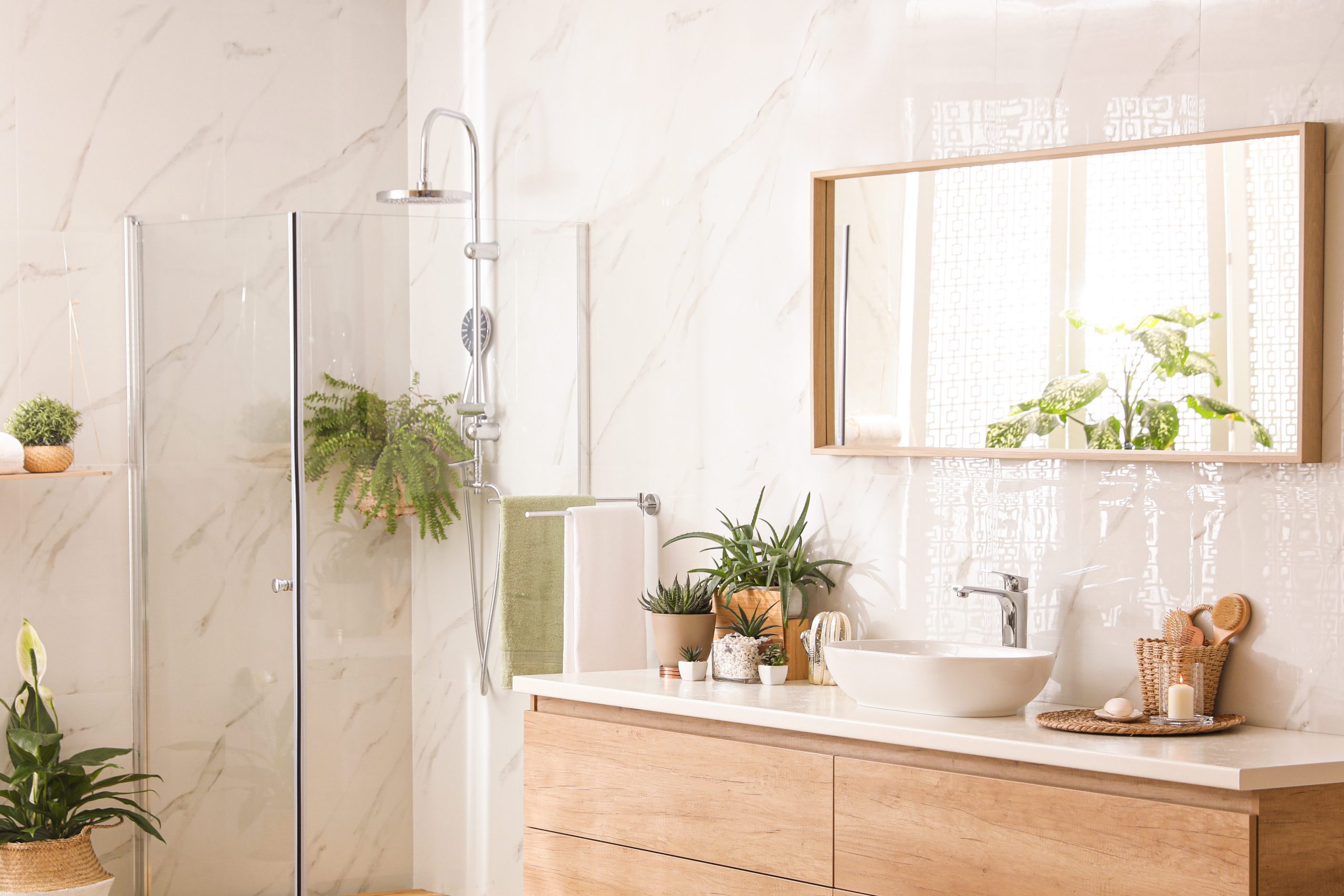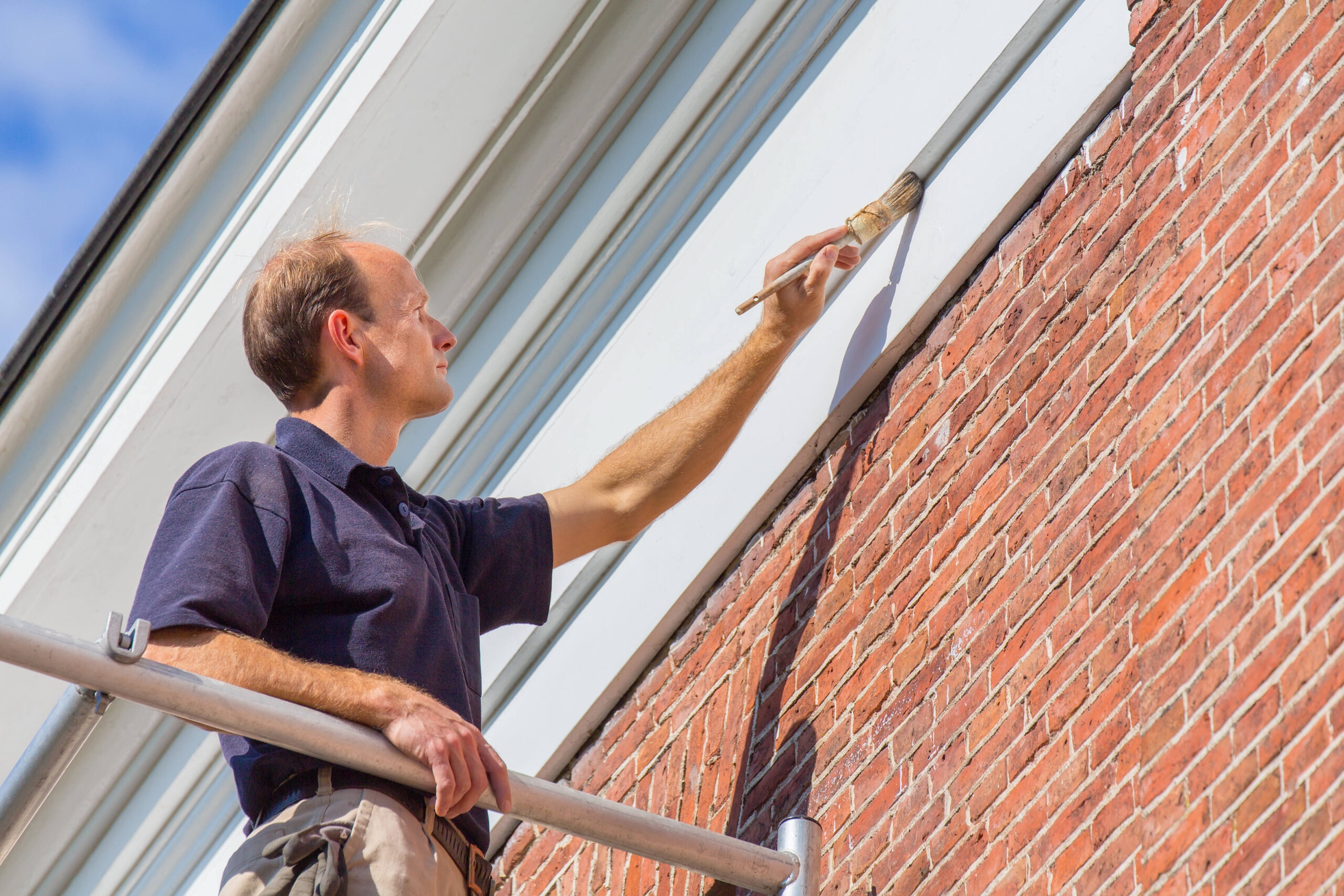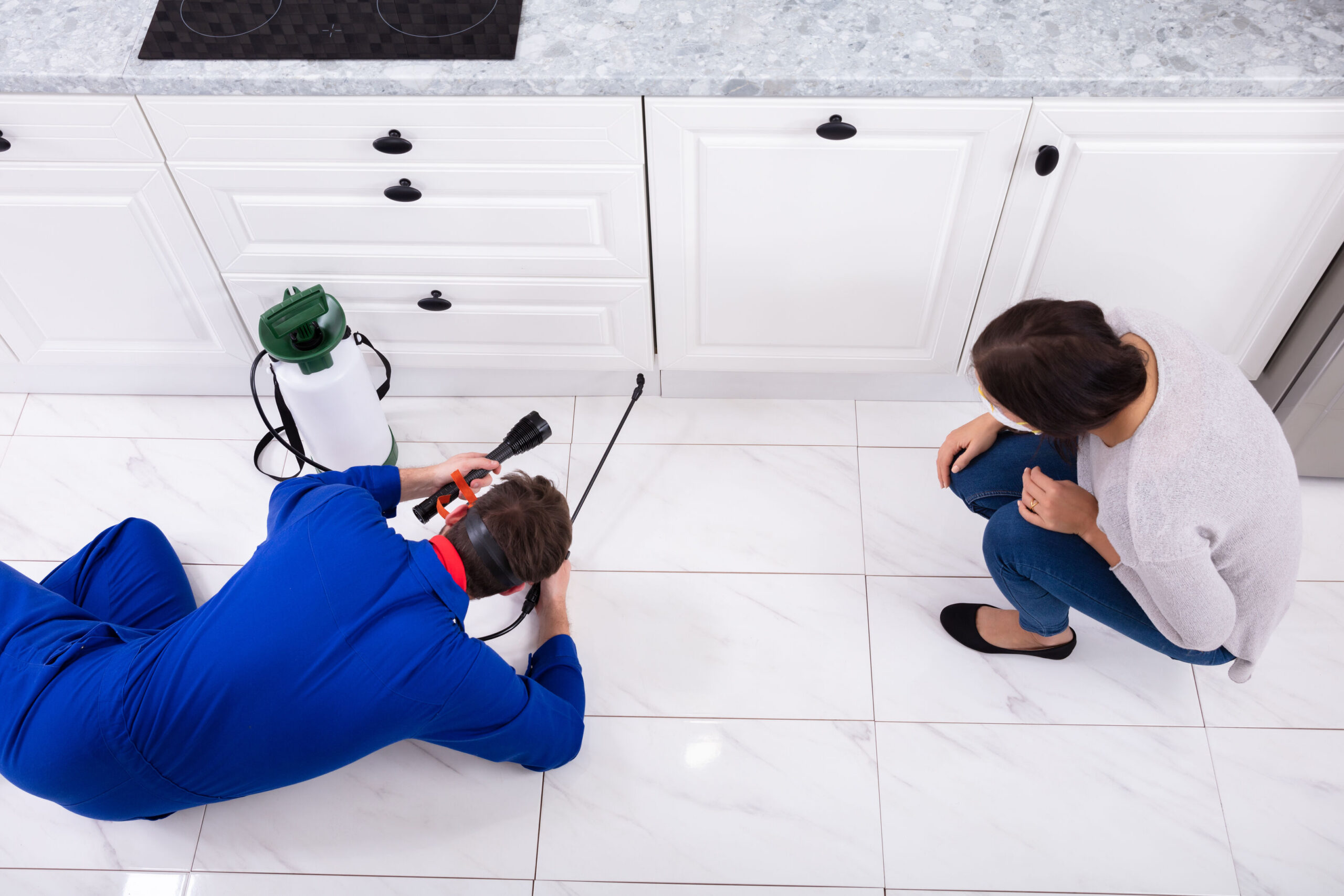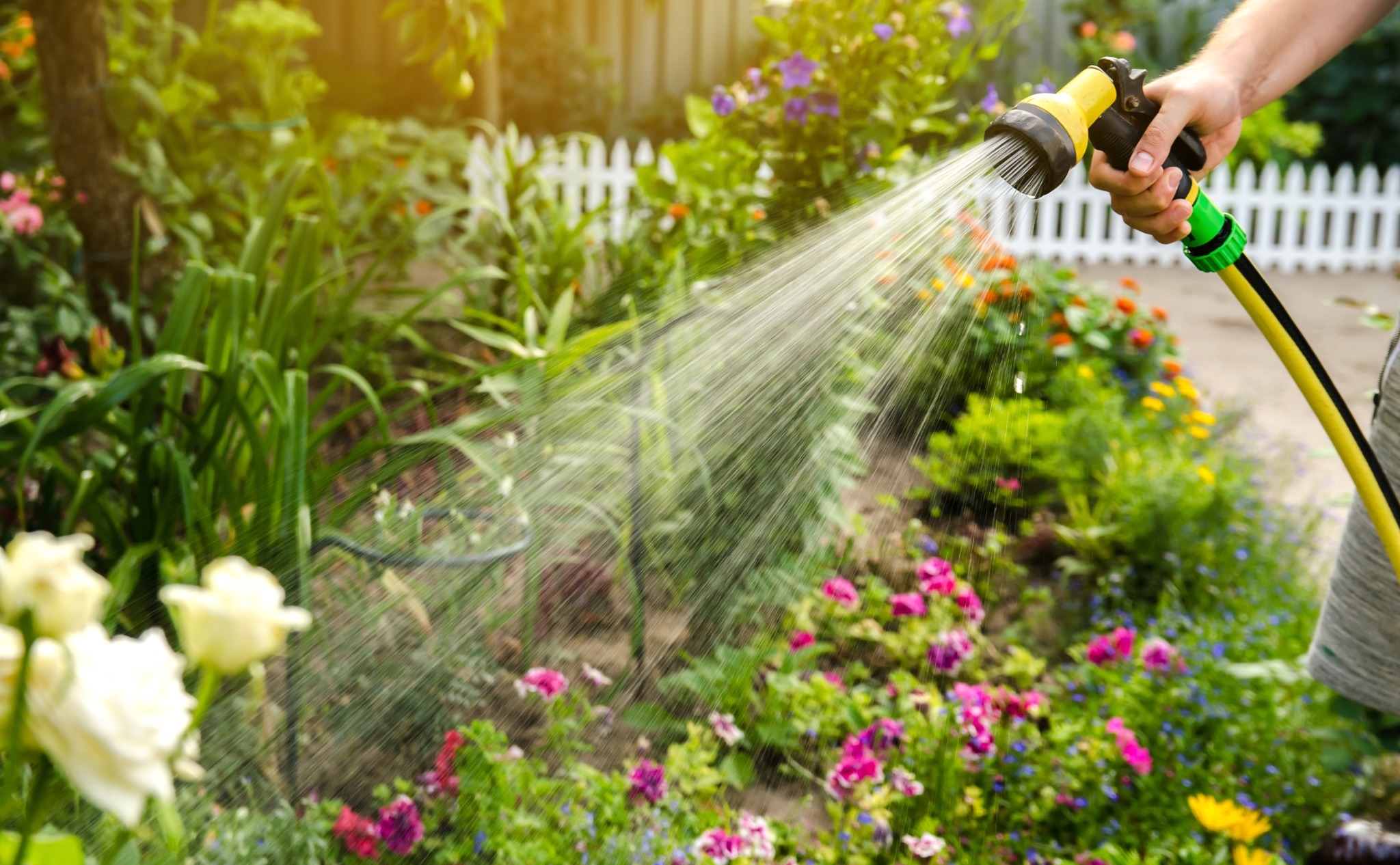Table of Contents
Sustainability & Energy Savings: Simple Swaps for a Low-Waste Bathroom
The bathroom might be one of the smallest rooms in your home, but it can create a surprising amount of waste—from plastic bottles to paper products and water use. Luckily, small changes here can lead to big savings for both your wallet and the planet.
Find out how to make easy, budget-friendly swaps that cut down waste and save energy in your daily bathroom routine.

Switch to Reusable Cloths and Towels
Paper towels and disposable wipes are convenient, but they add up fast in cost and trash.
- Reusable Face Pads: Swap cotton rounds for washable cloth versions made from bamboo or soft cotton.
- Washcloths Over Wipes: Ditch makeup remover wipes for warm water and a soft washcloth.
- Unpaper Towels: Keep a stack of reusable towels for cleaning and hand drying instead of using paper towels.
These swaps are gentle on your skin, easy to clean, and save you money in the long run.
Upgrade to a Bidet Attachment
Toilet paper use is one of the biggest sources of bathroom waste, but there’s a cleaner and more sustainable option.
- Affordable Bidet Attachments: You can find simple bidets for under $40 that attach to your existing toilet.
- Less TP, Less Waste: Using a bidet can cut toilet paper use by up to 75%, saving you cash and reducing paper waste.
- Better Hygiene: Many users find bidets leave them feeling fresher than using paper alone.
A one-time upgrade can significantly reduce daily waste while boosting comfort and cleanliness.
Choose Bar Soap and Shampoo Bars
Plastic bottles from body wash and shampoo can pile up quickly.
- Bar Soap: Comes with little or no packaging, lasts longer than liquid, and is just as effective.
- Shampoo and Conditioner Bars: These solid alternatives reduce plastic waste and are often travel-friendly too.
- Soap Dishes Matter: Use a draining dish to keep bars dry and help them last longer.
These swaps are easy to find at most stores and are usually cheaper per use than bottled products.
Use Refillable and Bulk Options
If you prefer liquids, you can still reduce plastic waste with refill systems.
- Refillable Soap Dispensers: Use glass or reusable dispensers and buy soap in bulk or at refill stations.
- Bulk Shampoo and Cleaners: Look for stores that offer bulk buying or consider concentrated products that last longer.
- Mason Jars or Pump Bottles: Repurpose containers you already have to create a matching, minimalist setup.
Refill options save money over time and look nicer on your bathroom counter, too.
Go Reusable for Personal Care
The bathroom is full of single-use personal care products—but you’ve got reusable options.
- Menstrual Cups or Reusable Pads: These can replace years’ worth of tampons or disposable pads.
- Safety Razors: A metal safety razor lasts for years and only needs low-cost blade refills.
- Reusable Ear Swabs: Silicone swabs can be cleaned and reused, replacing hundreds of cotton ones.
These products often pay for themselves in just a few months, making them a smart, sustainable investment.
Saving energy in the bathroom isn’t just about products—it’s also about habits.
Reduce Water Waste
- Low-Flow Showerheads: These reduce water use without sacrificing pressure and cost as little as $15.
- Turn Off the Tap: Don’t let water run while brushing your teeth or shaving.
- Shorten Showers: Even cutting back by two minutes can save gallons per day.
Water-saving habits not only lower your bill but also help conserve an essential resource.
Green Cleaning Swaps
Most bathroom cleaners come in plastic bottles filled with harsh chemicals—but you’ve got greener, safer options.
- Vinegar and Baking Soda: A powerful, natural combo for tubs, sinks, and toilets.
- Reusable Cleaning Cloths: Replace sponges and wipes with washable cloths or old T-shirts.
- Refillable Cleaning Bottles: Mix your own solutions or buy concentrated tablets that dissolve in water.
These swaps reduce plastic, limit exposure to toxins, and cost much less over time.
Final Insights
Creating a low-waste bathroom doesn’t mean sacrificing convenience or comfort. By making a few thoughtful swaps and building better habits, you can reduce waste, save energy, and keep more money in your pocket.
Consider these simple changes and start building a more sustainable, budget-friendly bathroom routine today.





